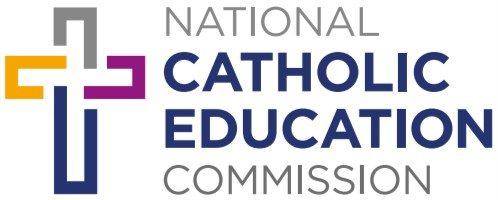On Monday, I attended the Parliamentary Friends of Religious Schools and Faith Communities where I participated in a panel discussion with representatives of the Seventh Day Adventist Church, Islamic Education Council, and Hindu Council of Australia, moderated by Senator Deborah O’Neill.
It was one of the best attended Parliamentary Friends events in recent years which shows how important it is to have a forum for faith groups to meet with parliamentarians, in a non-partisan way, to discuss the needs of our communities.
Assistant Minister for Competition, Charities and Treasury Andrew Leigh MP gave the address and reassured faith groups of the government’s previous commitments to maintain the deductible gift recipient status to school building funds. He also went further indicating that the government was committed to increasing philanthropic support to faith communities and boosting the role of faith communities in philanthropy.
It was a positive sign following the highly controversial provocation in the Productivity Commission’s draft report last year attacking the important role of faith communities in promoting the common good through education and other charitable services.
The focus of the panel discussion was on charity and religious schools, highlighting the vital role our schools and other church agencies play in supporting the most marginalised in our society.
For over two hundred years, Catholic education in Australia has mobilised future generations, lifting them out of poverty and disadvantage, and fostering the human flourishing of young people. Through early educators like Australia’s first Catholic Saint, Mary MacKillop, Catholic schools were established in some of the harshest and remotest places in the country to educate the poor and most vulnerable in society.
While the preferential option for the poor remains a valued aspiration for Catholic school communities, our demographic has shifted from our earliest days. A key focus for our national commission and one of our three strategic priorities is to remove barriers to enrolment and to improve access to all families who seek a Catholic education.
Our mission extends beyond those we educate in our schools. Catholic social teaching and the key principles of human dignity, solidarity and serving the common good underpin the teaching and practice of social justice and outreach for which our schools are well known. This commitment is not only reflected in higher levels of giving and volunteering in society by people affiliated with a religion, but also the positive wellbeing and post-school outcomes of Catholic school graduates.
The shared faith and values in faith-based schools foster unity and a common purpose, promoting a strong sense of belonging and shared identity within the community. Catholic schools aim to positively impact lives by encouraging young people, through their relationship with God, to find meaning and value in all aspects of their lives, particularly through social impact and outreach.
Parents as the first educators of their children have the responsibility, supported by international human rights, to be ‘discriminating’ and discern the best school education in line with their values and beliefs. To support this responsibility, faith-based schools need to be able to build a community of faith and be able to employ staff who support and espouse these values. This is not discrimination against individuals based on their personal attributes. Our faith respects the inherent dignity of each and every person.
Advocating for our families and the needs of school communities is why the building of relationships with our members of parliament is crucial to our work.
Jacinta Collins
National Catholic education executive director
Photo: Jacinta Collins with Osman Karolia, Islamic Education Council, Kojo Akomeah, Seventh Day Adventist Church, and Prakash Mehta, Hindu Council of Australia
